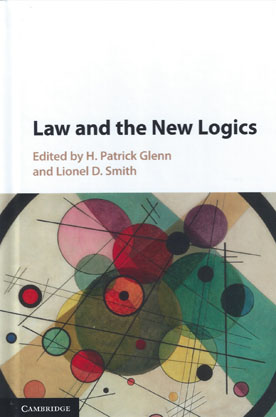
This book is unique in presenting an interdisciplinary conversation between jurists and logicians. It brings together scholars from both law and philosophy and looks at the application of 'the new logics' to law and legal ordering, in a number of legal systems.
The first Part explores the ways in which the new logics shed light on the functioning of legal orders, including the structure of legal argumentation and the rules of evidence. The second addresses how non-classical logics can help us to understand the interactions between multiple legal orders, in a range of contexts including domestic and international law. The final Part examines particular issues in the applicability of non-classical logics to legal reasoning.
This book will be of interest to jurisprudence and logic scholars and students who want to deepen their understanding of relationships between law and legal reasoning, and learn about recent developments in formal logic.